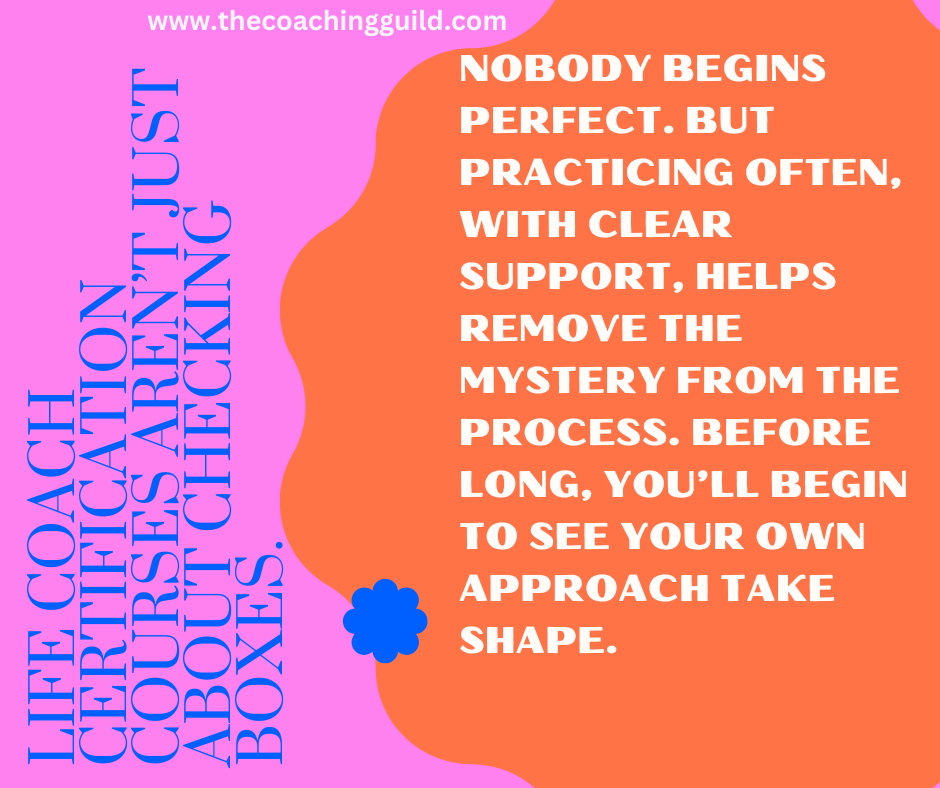We are unpacking, unlearning, and re-examing The Law of Attraction
Maybe we've been getting it wrong all along.
What is happening at The Coaching Guild this week?
We are shaking some shit up. You should read this post because it may explain why some would-be coaches might NOT want to choose The Coaching Guild for training. We are unpacking, unlearning, and re-examing The Law of Attraction.
It is a lot.
Law of Attraction, as most people learn it is a dogma that comes out of a “spiritual community”. At this point, that “spiritual community” is a damn dumpster fire. The LOA community is riddled with fallout from toxic positivity. It harbors a lot of elitism that provides shaded cover for attitudes of veiled or not so veiled white supremacy. The law of attraction community hides in the haze of victim-blaming and mood-shaming.
It is led by a cadre of gurus who can’t find a place in their “follow your feel-good” work for difficult conversations about privilege and social justice. Putting it lightly, it is a bad look. Going deeper, most of those law of attraction teachings that come out of the “spiritual” community are bad science taught as fact out of the mouths of teachers, authors, and coaches who have questionable ethics in pursuit of profit.
Yes, I said it.
But it is not a secret. It’s been pretty apparent because the LOA community has made no attempts to clean up its values or reputation. If you disagree with the “all smiles all the time” approach to creating your own reality, it’s because you’re focused on something negative. You just need to work on your alignment. Am I right?
And if you know me, this might sound hypocritical. I built my career as a law of attraction coach. I’ve made good money as an LOA coach.
It has taken longer than I like to admit to extract myself and my coaching practice from the spiritual LOA industrial complex. That said, despite it all, solid science proves out deliberate creation principles. This is why deliberate creation might be very important for coaches to understand.
Science-based deliberate creation isn’t an opinion. It is a set of facts. Most people won’t want to devote themselves to understanding the science. So, I will give you the Cliff Notes: We live in a focus-driven field. Period. End of Story.
When a coach can help a client harness the power of their focus things change in ways that feel miraculous but are actually quite predictable.We know enough from the science side to know better than to throw the proverbial baby out with the guru-infested bathwater.
We are doing things differently at The Coaching Guild. There are no channelers, no gurus, no conspiracy theories, no big-name Hay House authors, and no bullshit. If you are looking for a program that will rehash Abraham Hicks teachings, look elsewhere. The Coaching Guild is teaching deliberate creation from a solely science-based perspective and it is glorious.If you’re curious about where artists, rebels, creatives, and wild ones are getting the best coach training, you should check us out.


